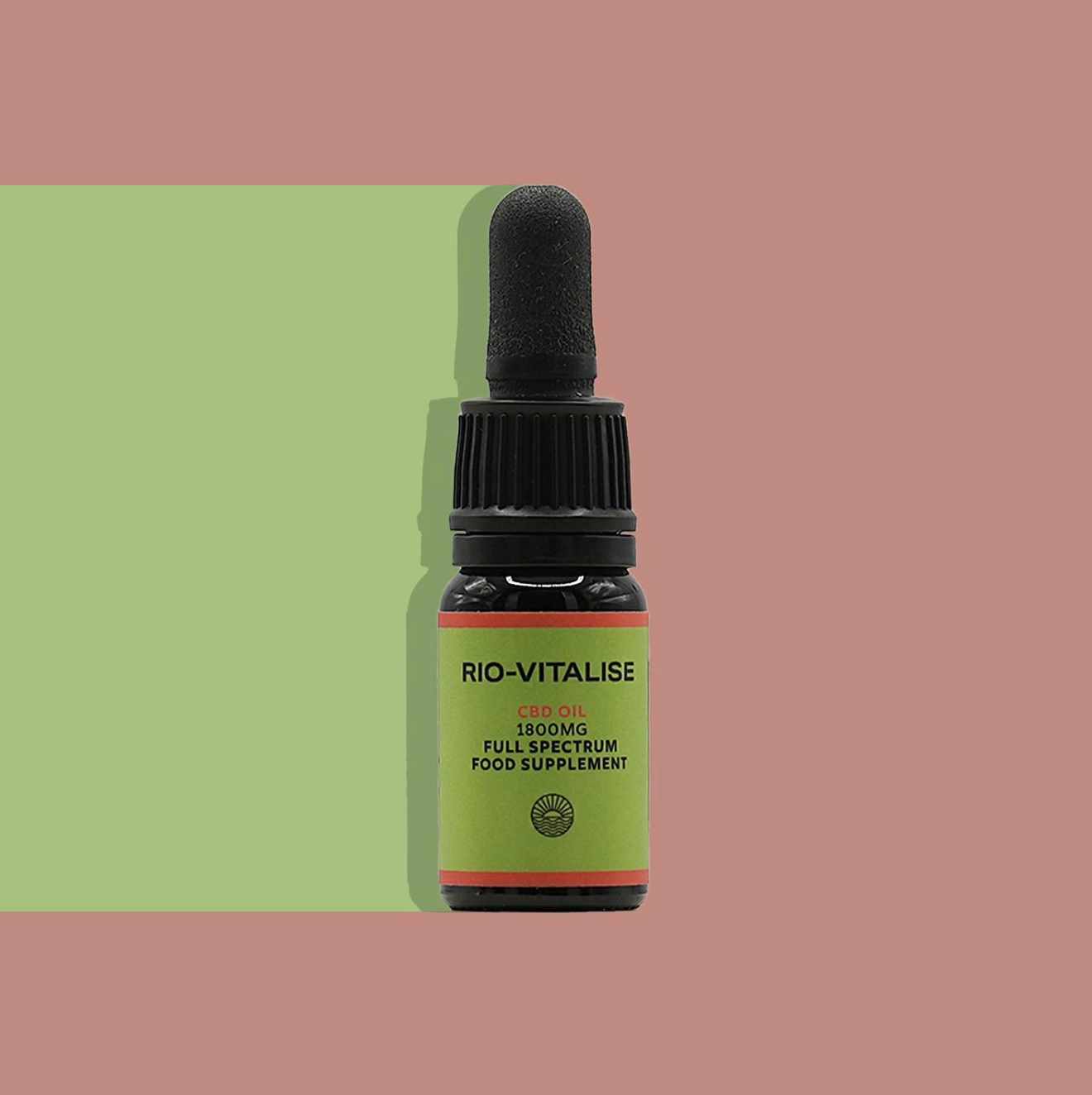CBD for Anxiety & Mental Wellbeing
Taking CBD is a great natural supplement that has proven effects on lowering anxiety and stress levels.
CBD works with a receptor in your brain called CB1. Researchers believe the interactions between CBD oil and CB1 alter serotonin signals.
The core problem at the heart of anxiety disorders is low serotonin—a neurotransmitter related to mood and well-being. Prescribed SSRIs, for instance, work by blocking the absorption of serotonin in your brain, meaning you get more serotonin.
Evidence suggests that CBD works as a natural alternative.CBD oil works similarly for people suffering from depression, which occurs when your serotonin levels are low. Increasing the amount of serotonin in your brain positively affects your emotions and motor skills.
















